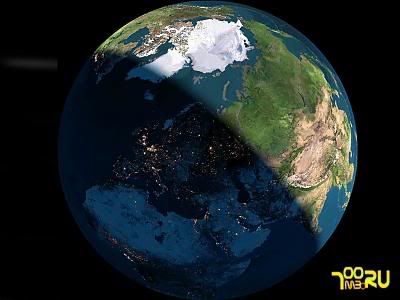Iran's Really Big Weapon


We've been hearing endlessly of Iran's "nuclear threat" as the U.S. beats the war drums harder and harder, with Zionist controlled Israel along side. Even the EU3 are playing along, at least to a point.
But it is well established fact that Iran does not have nuclear weapons, nor the means of enriching uranium for that; it lacks the hundred of centrafuges for that purpose, and the UN has been allowed to watch every step of Iran's nuclear development. So, that story is a farce, a cover story for the real one, which is this story.
But if all else fails, the U.S. and perhaps Israel may invade anyway with air strikes using nuclear weapons. For what is at stake is the basis of the U.S. economy - its ability to keep oil sales in dollars which underwrites its debt. Without this, the U.S. economy will drop substantially, perhaps even fail. If the worst scenario indeed happens, the world economy will also collapse, and with that, the Euro.
Even more so than 1973, there is a tightrope being walked here.
The prospect of a mushroom cloud rising from the Dasht-e-Lut, Iran's Desert of Stones, may not be Tehran's greatest threat to international stability. A successful test of an Iranian nuclear weapon at some point in the next few years may prove less destabilizing than a simple free market economic measure that Iran is said to be planning for March of this year. Tehran is preparing to open a bourse, a mercantile exchange and potentially a futures market, where traders can buy and sell oil and gas, along the lines of the International Petroleum Exchange (IPE) in London and the NYTMEX in New York.
The differences are first, that this one would price its energy in euros, not dollars, and second, that it would not use West Texas Intermediate or Brent Crude (from the North Sea) as its standard oil for pricing. It would use a Persian Gulf-produced oil instead.
Read on. . . .
Also a must read: Iran and the fall of the American Empire



0 Comments:
Post a Comment
<< Home